In a significant policy shift, Ukraine’s government has proposed a zero quota on scrap exports starting in 2025. This effectively bans overseas shipments of ferrous scrap to prioritize domestic steel production, particularly given the challenges posed by ongoing wartime conditions. As scrap metal becomes increasingly vital for sustainable steelmaking, Ukraine is aligning with a global trend of tightening export controls to secure its raw materials.
Ukraine’s Scrap Export Restrictions
The Ukrainian Ministry of Economy has introduced a draft resolution to halt scrap exports entirely by setting the quota at zero. This would prevent manufacturers from selling scrap abroad, ensuring local steelmakers have a sufficient supply for their operations if approved. Historically, Ukraine has limited scrap exports when domestic demand surges; this latest decision continues that pattern.
In 2023, Ukraine’s scrap exports rose by 60% year-on-year, reaching 293,200 tons, with Poland accounting for 248,600 tons, followed by Greece (34,200 tons) and Germany (6,500 tons). While this increase helped sustain trade relations with European markets, the Ukrainian government now sees greater economic value in processing scrap domestically and exporting finished steel products.
Global Scrap Export Controls on the Rise
Ukraine is not alone in restricting scrap trade. Currently, 48 countries impose some form of export control on ferrous scrap, with a third enforcing outright bans. Governments worldwide recognize the importance of scrap metal in green metallurgy and decarbonization efforts, driving policies that retain raw materials for local industries.
For example, the European Union has implemented the Carbon Border Adjustment Mechanism (CBAM) to regulate carbon emissions and ensure a stable raw material supply for steelmakers. The United States and China also prioritize domestic scrap use by limiting exports. About 77% of global crude steel production now occurs in nations that have imposed or are planning restrictions on scrap trade.
Ukraine’s Future Strategy
By preventing scrap exports, Ukraine aims to shift its focus toward producing and exporting finished steel, which offers higher economic returns. Steelmakers are critical to Ukraine’s economy, contributing significantly to national revenues. Retaining scrap for local use allows the industry to maintain stable operations, particularly in times of crisis.
With increasing global demand for raw materials and sustainable steel production, Ukraine’s decision to join the trend of scrap export restrictions reinforces the idea of treating ferrous scrap as a strategic national resource. As the country adapts to evolving market dynamics, this policy change may shape its industrial future for years to come.


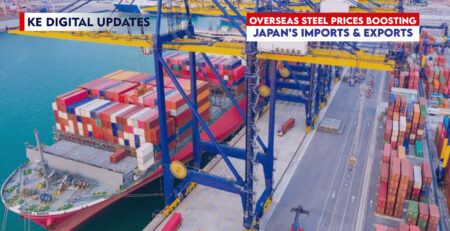

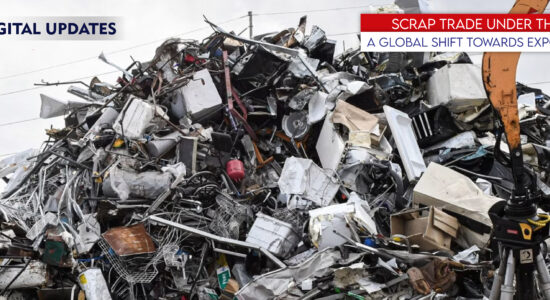

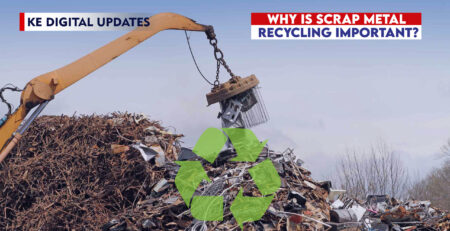
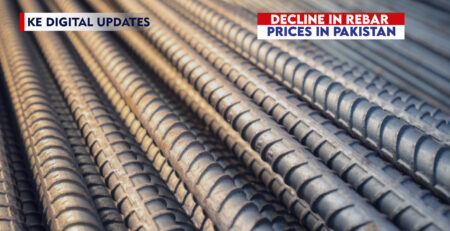
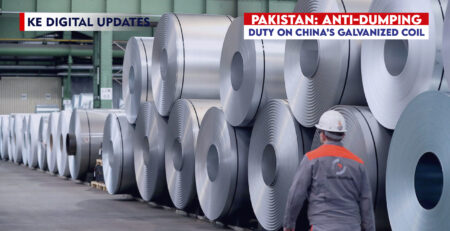

Leave a Reply